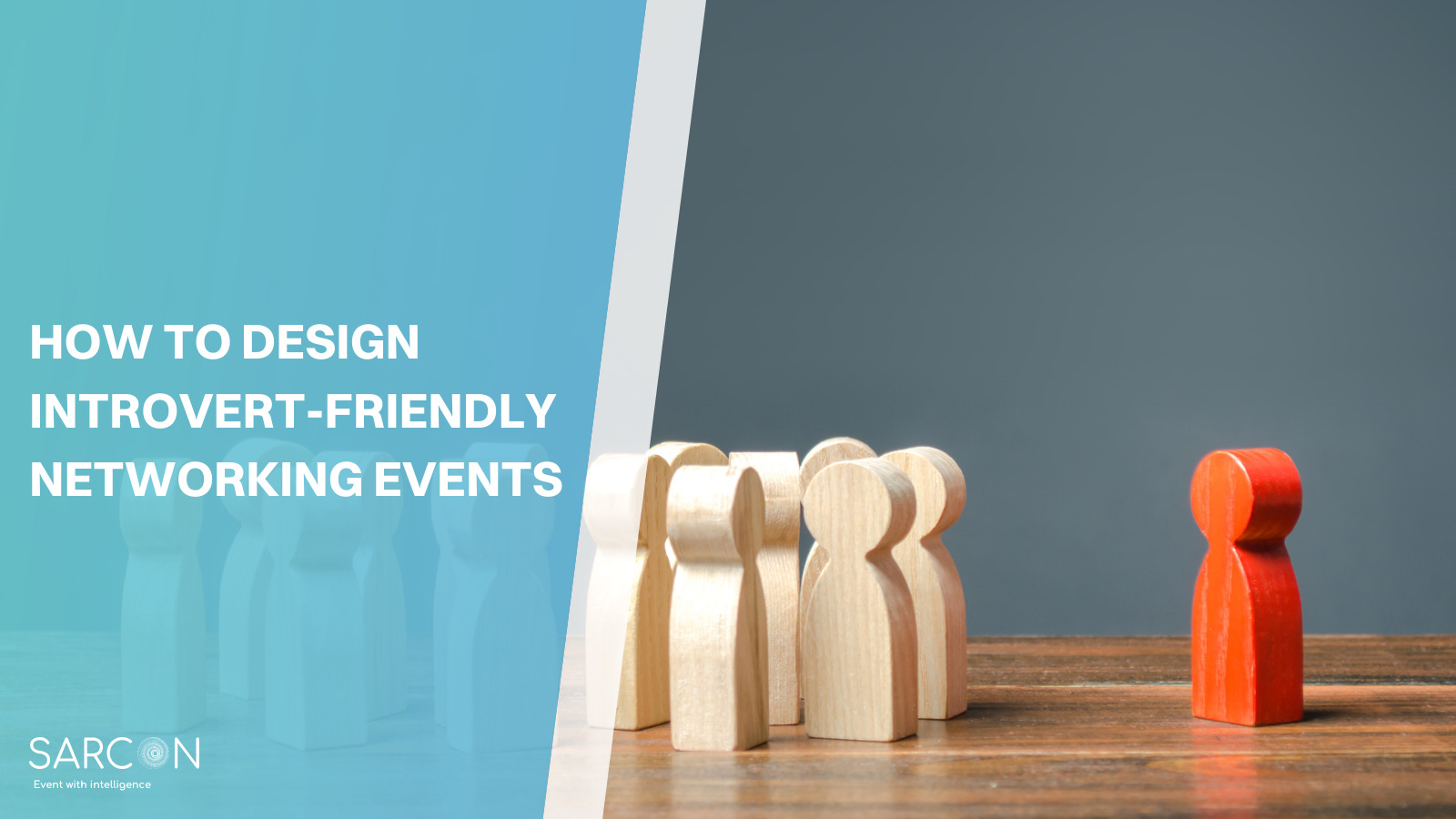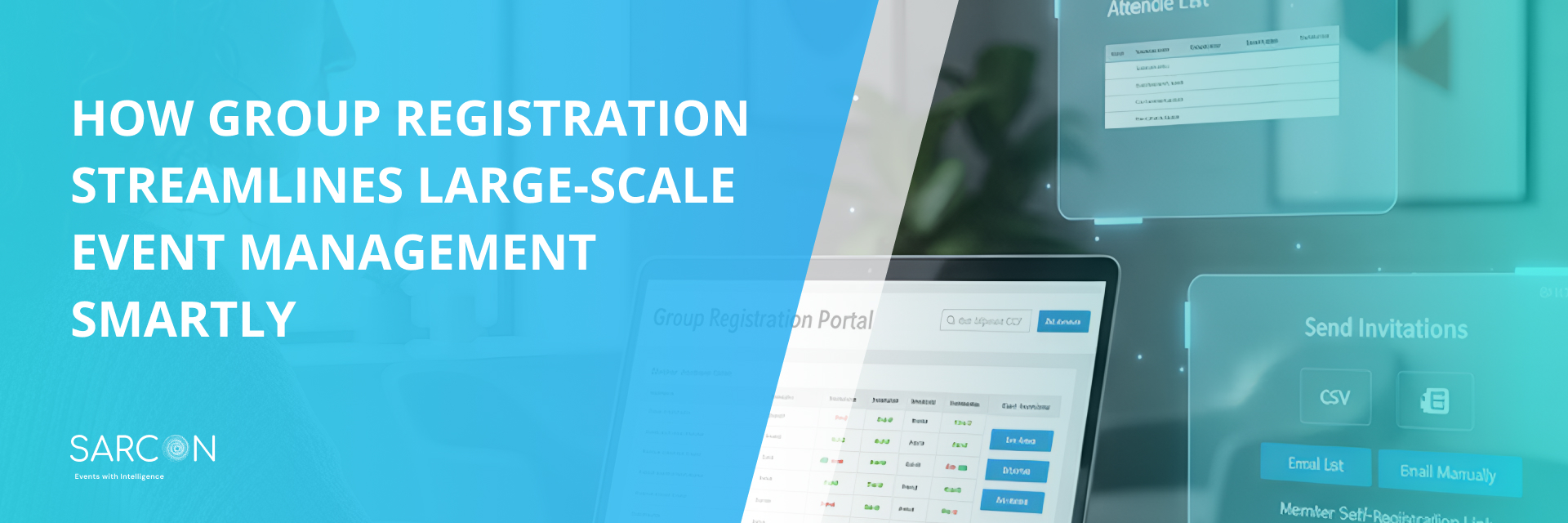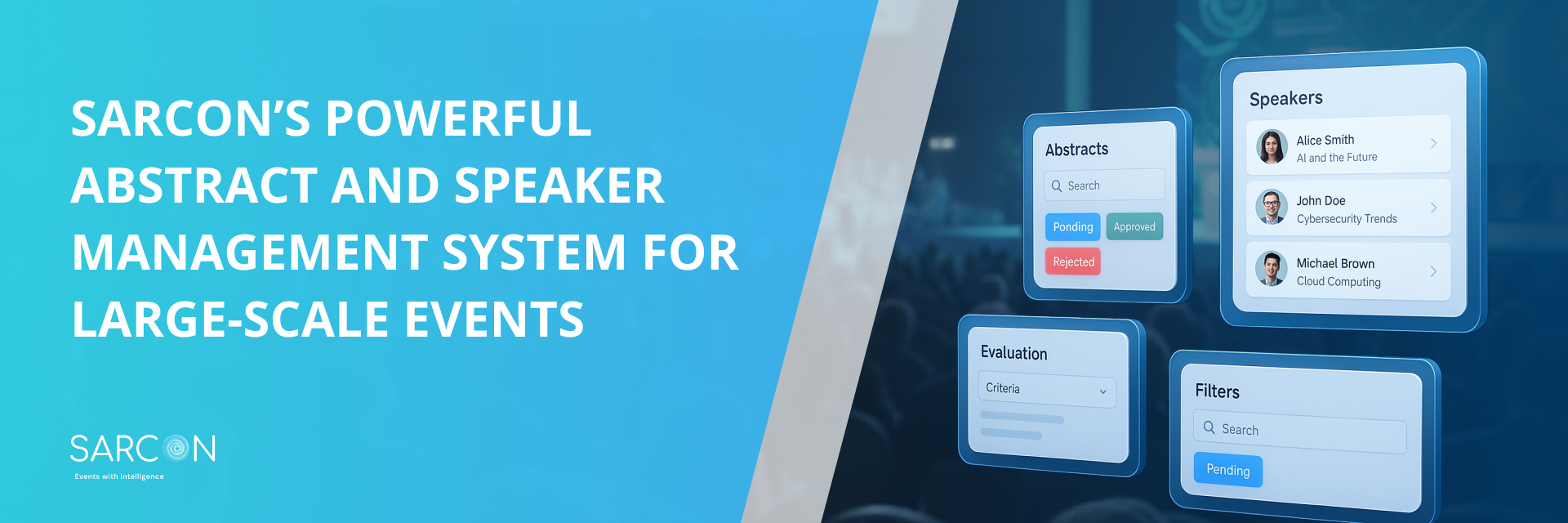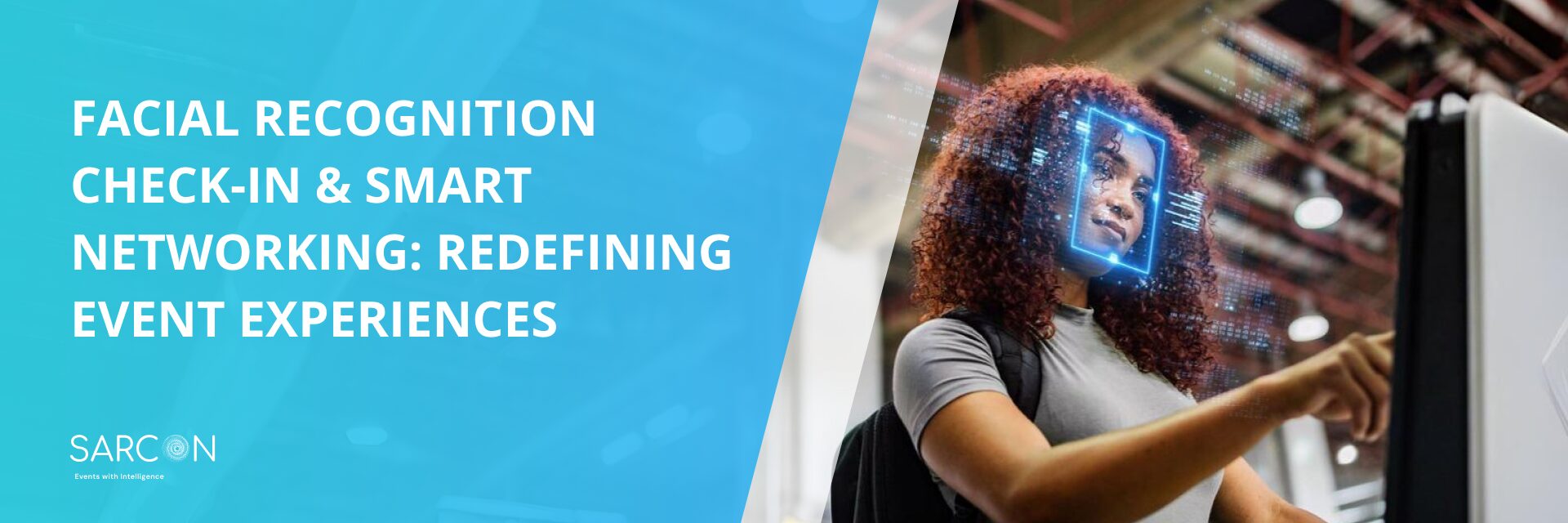In a world where networking events are often synonymous with boisterous conversations and high-energy interactions, introverts find themselves navigating an environment that can be overwhelming. While the primary goal of these events is to foster connections, they inadvertently alienate a significant portion of attendees – those who thrive in quieter, more contemplative settings. However, recognizing the value of the subtle yet powerful introverted perspective, it is time to reevaluate how we design and execute introvert-friendly networking events.
By understanding their unique needs and preferences, event organizers can create an inclusive environment that allows introverts to thrive. In this article, we will explore various strategies, tips, and insights on how to design networking events that cater to introverts. From event planning and organization to facilitating meaningful connections, we will cover every aspect to ensure your networking event is a success for everyone involved.
The Basics of Introvert-Friendly Networking Events
Understanding the Needs of Introverts
Before we dive into the specifics of organizing introvert-friendly networking events, let’s take a moment to understand the characteristics and needs of introverts. Introverts often thrive in quieter and more contemplative environments, where they can engage in deep conversations and meaningful interactions.
Key traits of introverts include:
- Preference for Introspection: Introverts enjoy self-reflection and internal processing of information, leading to well-thought-out responses.
- Limited Social Energy: Unlike extroverts who gain energy from social interactions, introverts may find large gatherings draining and need time alone to recharge.
- Prefer Meaningful Connections: Introverts value deep connections with a few individuals rather than superficial interactions with a large group.
- Listening Skills: Introverts are excellent listeners, making them attentive and empathetic conversation partners.
The Advantages of Introvert-Friendly Networking Events
Designing networking events that consider introverts’ needs benefits everyone involved. Some advantages include:
- Inclusivity: Introverts feel more comfortable attending events tailored to their preferences, ensuring a diverse and inclusive attendee base.
- Better Engagement: When introverts feel at ease, they are more likely to participate actively, contributing valuable insights and perspectives.
- Meaningful Conversations: Introvert-friendly events encourage deeper and more meaningful conversations, fostering genuine connections.
- Reduced Anxiety: By minimizing overwhelming stimuli, introverts can better manage social anxiety and fully engage in the event.
Planning Introvert-Friendly Networking Events
Choosing the Right Venue
Selecting the appropriate venue is crucial in creating a comfortable atmosphere for introverts. Consider these factors when choosing a venue:
- Size and Layout: Opt for a venue that can accommodate attendees without feeling overcrowded. Choose layouts that allow for smaller, intimate group interactions.
- Quiet Spaces: Ensure the venue has quiet areas where attendees can take a break and recharge when needed.
- Access to Nature: Venues with outdoor spaces or natural elements can provide a calming environment for introverts.
Crafting the Event Agenda
An engaging agenda can make all the difference in an introvert-friendly networking event. Here are some tips:
- Balanced Schedule: Include a mix of group activities and one-on-one interactions to cater to different preferences.
- Breaks and Downtime: Plan regular breaks to prevent attendee burnout and allow time for reflection.
- Icebreaker Activities: Incorporate icebreaker activities that encourage authentic connections and make attendees feel at ease.
Implementing Intentional Networking
Intentional networking involves creating opportunities for meaningful connections. Consider these approaches:
- Group Size Management: Limit the size of networking groups to foster more personal interactions.
- Conversation Starters: Provide conversation starters or discussion topics to help break the ice.
- Volunteer Hosts: Assign friendly volunteers as hosts to facilitate conversations and make attendees feel welcome.
Strategies for Facilitating Connections
Facilitating Small Group Discussions
Small group discussions can be highly beneficial for introverts. Here’s how to facilitate them:
- Topic Relevance: Choose discussion topics that are relevant to the event theme and attendees’ interests.
- Clear Instructions: Provide clear instructions and guidelines for the discussion format to avoid confusion.
- Rotate Groups: Rotate participants between groups to encourage diverse interactions.
Creating Interactive Networking Zones
Design interactive networking zones that cater to different preferences:
- Quiet Zone: A space where attendees can have one-on-one conversations without distractions.
- Activity Zone: Offer interactive activities to encourage collaboration and bonding.
- Resource Zone: Provide resources and materials for attendees to share and exchange.
Inclusive Event Communication
Pre-Event Communication
Effective communication before the event sets the tone for a positive experience:
- Event Description: Clearly outline the event’s format and objectives so attendees know what to expect.
- Accessibility Information: Include information on accessibility options for attendees with special needs.
During the Event
Ensure a smooth experience during the event:
- Name Tags/ Event Badges : Incorporating name tags or event badges into networking events helps create a more inclusive and accommodating environment for introverts. Provide customizable name tags with pronouns and conversation preferences.
- Technology Assistance: Offer technological support for virtual attendees or those using networking apps.
Measuring Success and Gathering Feedback
Feedback Collection
Gathering feedback allows for continuous improvement:
- Anonymous Surveys: Use anonymous surveys to gather honest feedback from attendees.
- Focus Groups: Organize focus groups to discuss event experiences in-depth.
- Social Media Monitoring: Monitor social media for mentions and reviews of the event.
Conclusion
Designing introvert-friendly networking events requires thoughtful planning, consideration, and a commitment to creating a supportive environment. By understanding introverts’ needs and preferences, event organizers can facilitate meaningful connections and create networking experiences that benefit everyone involved. Remember, inclusivity is key, and the success of your networking event lies in the genuine connections fostered during the event.
So go ahead, apply these strategies, and organize an exceptional introvert-friendly networking event that leaves a lasting impression on all attendees.
FAQs
Are Introvert-Friendly Networking Events Suitable for All Professions?
Yes! Introvert-friendly networking events are beneficial for professionals from all fields. The focus is on creating an inclusive and comfortable environment that encourages meaningful interactions.
How Do I Make Introverts Feel Welcome at Networking Events?
To make introverts feel welcome, consider venue choices, event agendas, intentional networking strategies, and providing quiet spaces for recharging.
Can Extroverts Also Benefit from Introvert-Friendly Events?
Absolutely! Introvert-friendly events promote deeper connections and meaningful conversations, which benefit all attendees, including extroverts.
Are Virtual Networking Events Introvert-Friendly?
Yes, virtual networking events can be introvert-friendly as they allow attendees to control their social interactions and provide opportunities for one-on-one conversations.
How Can I Encourage Attendees to Share Contact Information?
Offer a non-intrusive way for attendees to share contact information, such as providing digital platforms for connection requests or a designated networking area.
How Can I Manage Attendee Anxieties?
To manage anxieties, ensure clear communication before the event, and offer support during the networking activities. Implementing icebreakers and hosting small group discussions can also help alleviate anxiety.



